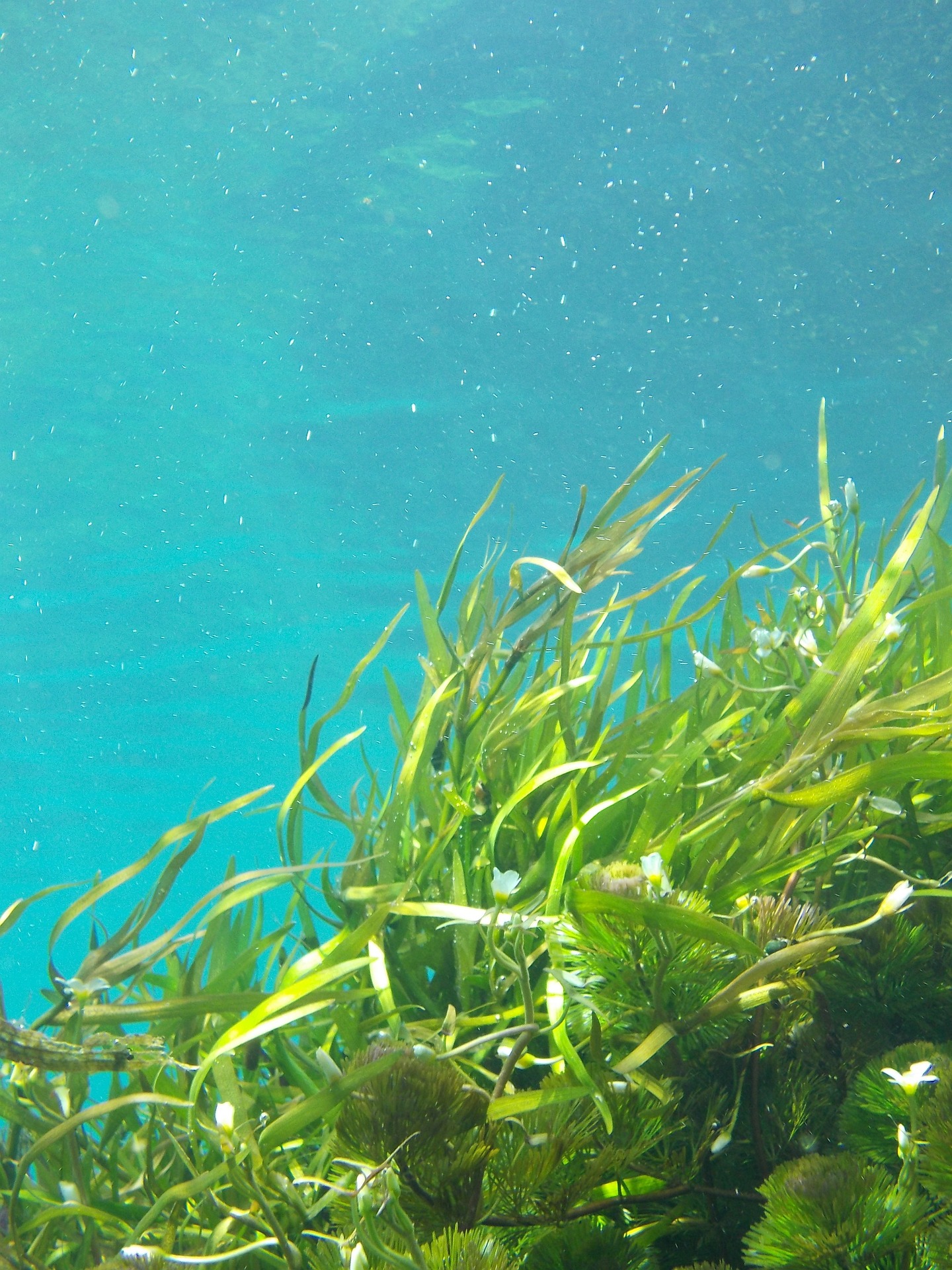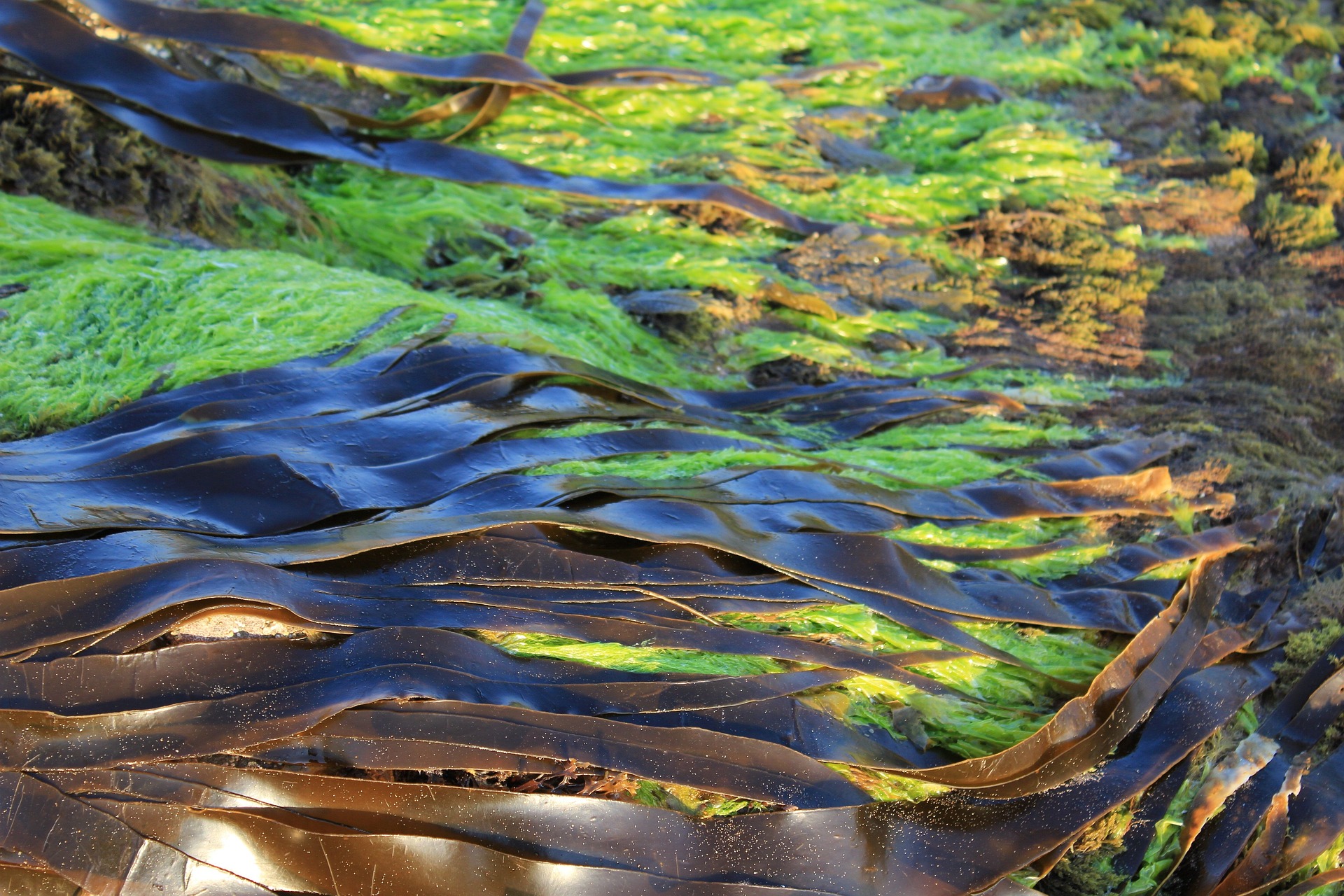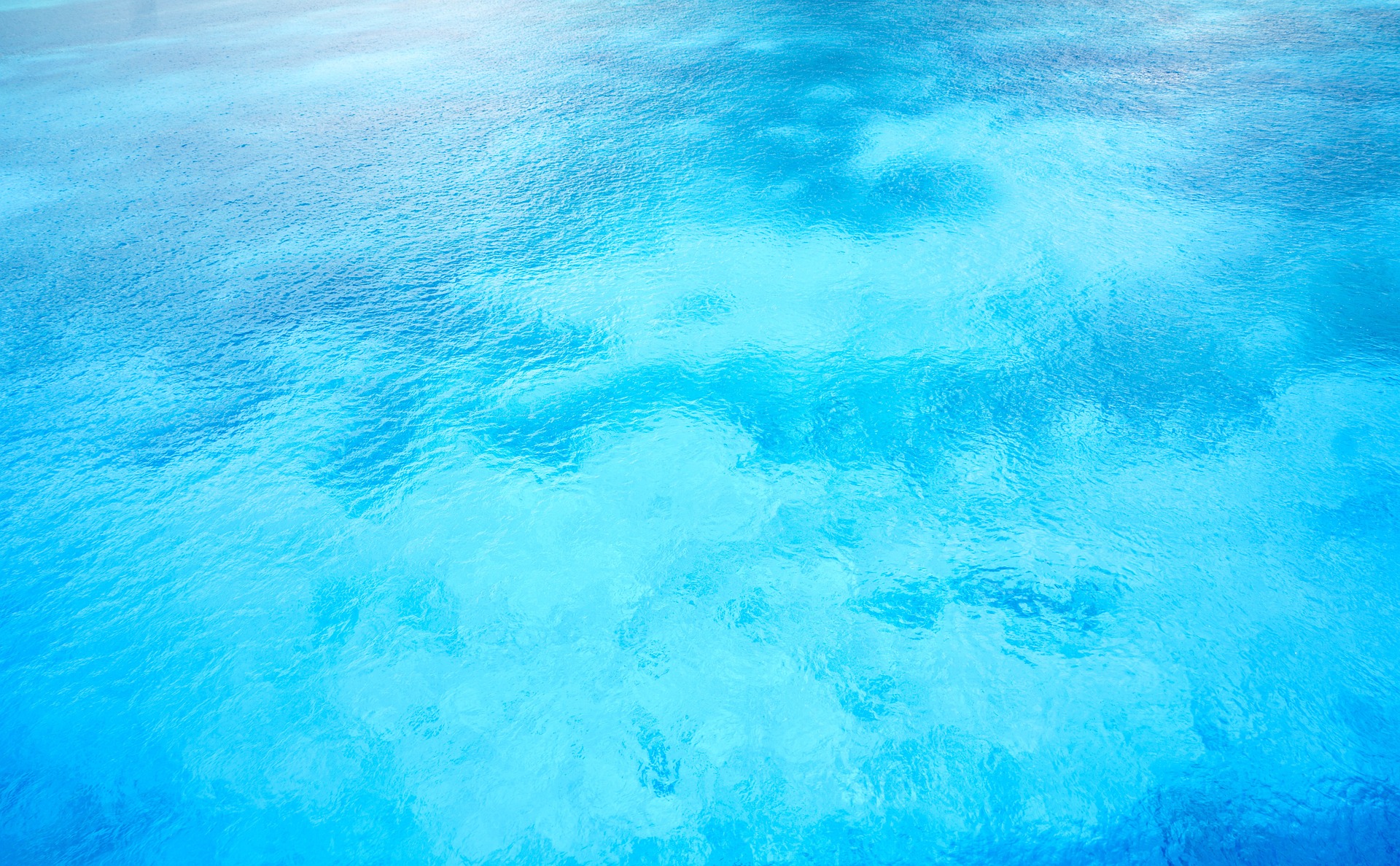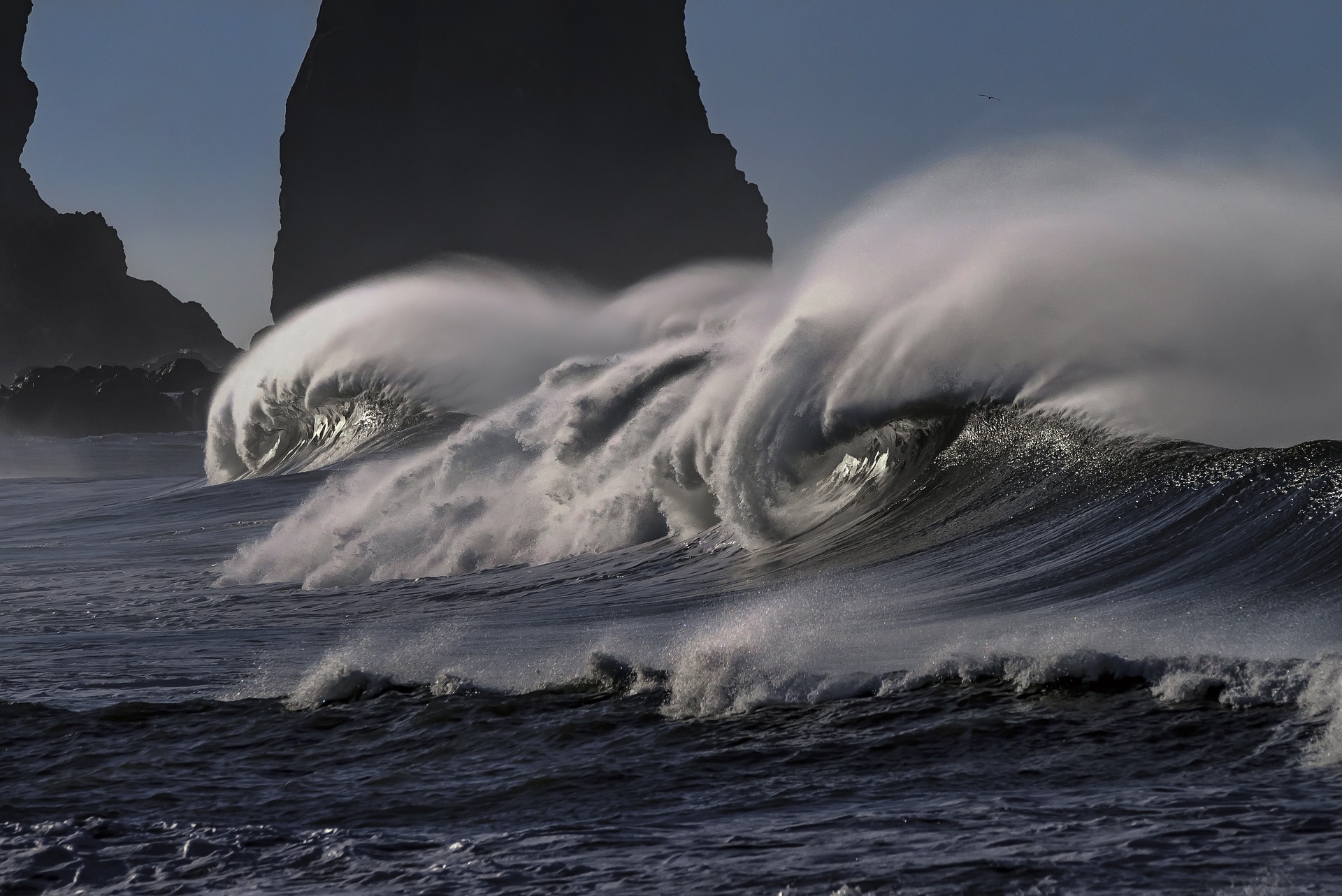
About The Problem
Despite its might and majesty, the ocean is facing staggering challenges. Animals and plants, once plentiful, now appear rare due to overfishing and other destructive behaviors. Industrial pollution is making ocean water dangerous and uninhabitable in some areas. As a result, the health of our planet’s great oceans is in dire need of restoration.
Kelp is often seen as a potential solution to many of these problems because of its resilience to damage and its ability to pump oxygen and nutrients into the ocean via photosynthesis. Kelp forests have been shown to increase fish abundance by providing food and shelter to juvenile species, which often wander away from the protection of coral reefs during the summer months. Kelp forests also reduce the effects of erosive wave action and may absorb toxic nutrients from runoff.
Kelp can also provide a sustainable marine food source. As an abundant resource, kelp is rich in micronutrients, antioxidants, vitamins and minerals. When used for food production, kelp can reduce pressure on wild fisheries and help to meet global food security needs as its demand grows.


